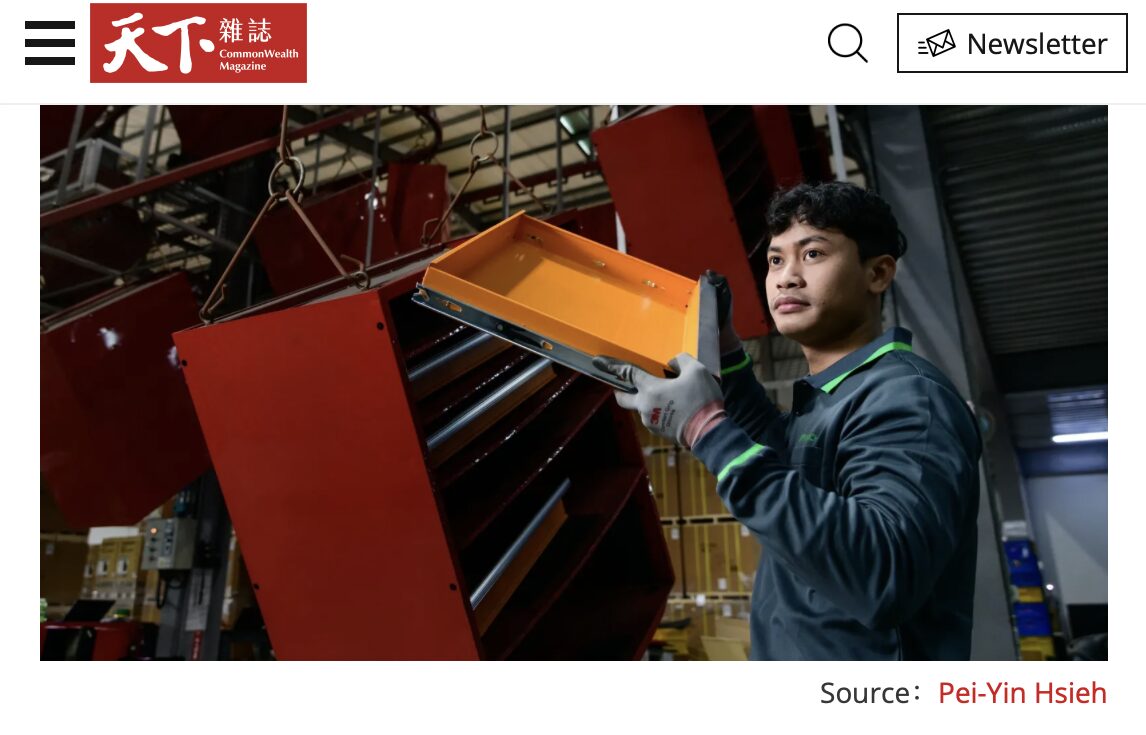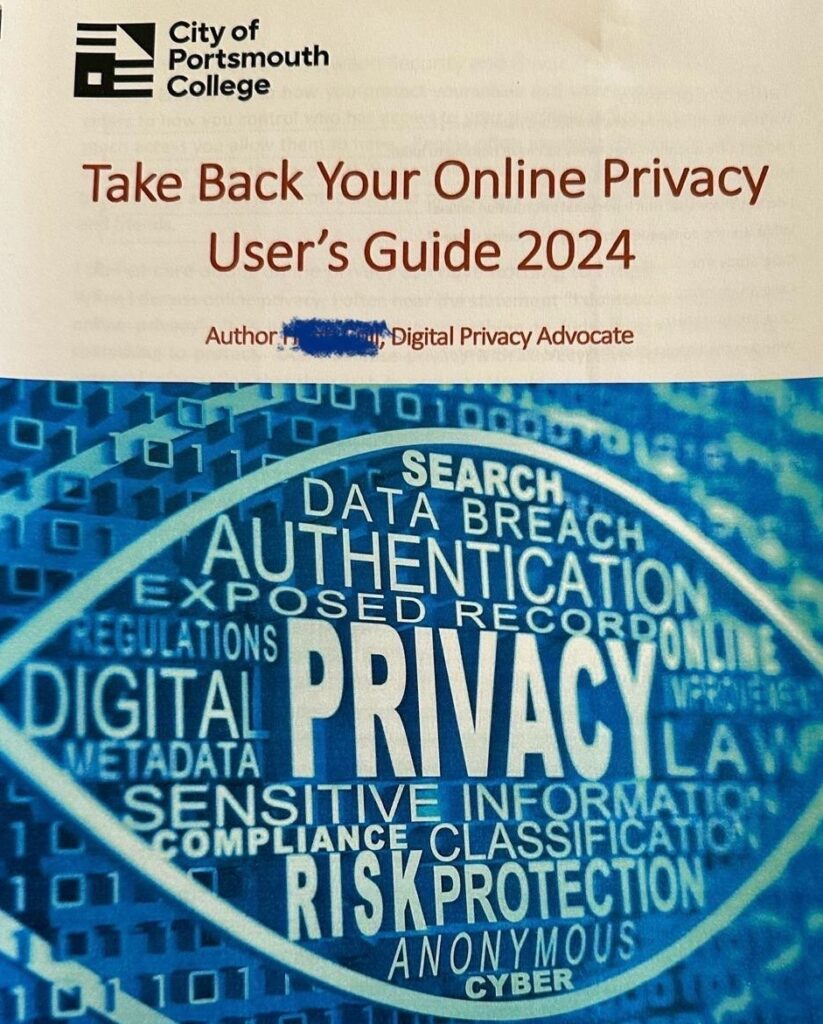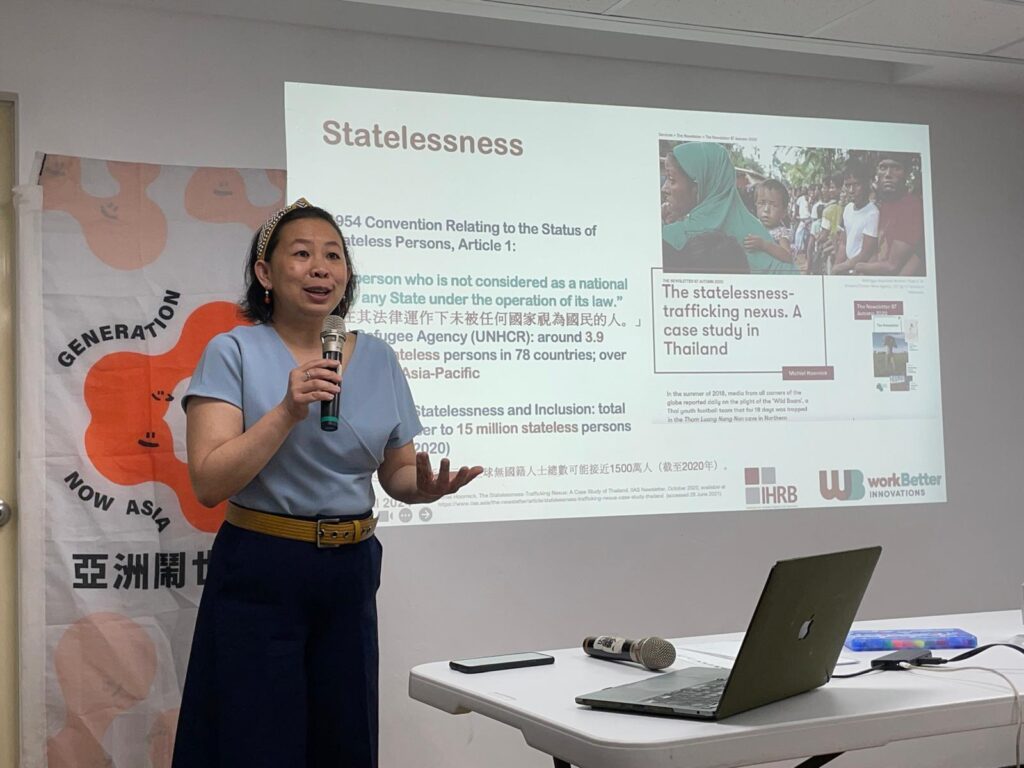16 January 2023. WBI Executive Director Dr Bonny Ling was recently featured in an article by CommonWealth Magazine, which also references WBI’s Practical Guidebook for Taiwan’s SMES on Understanding the International Labour Organisation’s Indicators of Forced Labour. The article is part of a series on the topic of business and human rights, written in Chinese and English.
Published in CommonWealth Magazine – Taiwan’s most influential economic news media, the piece by Liao Yunchan and Kwangyin Liu examines the advances made in human rights due diligence and its wider implications for Taiwan’s economy.
One in six factory workers in Taiwan is a migrant worker, and roughly 750 000 migrant workers are employed in Taiwan’s manufacturing, construction, fishing and social welfare sectors.
These numbers provide stark evidence that corporate responsibility to respect human rights is not merely a moral, but also an economic necessity for Taiwan.
The EU’s Corporate Sustainability Due Diligence Directive, expected to be adopted in spring 2024, stipulates that companies have the responsibility to manage and conduct due diligence on their supply chains to prevent adverse human rights and environmental practices, such as child labour, forced labour, or pollution generation.
The article also cites Sam Lin (林泉興), founding member of KPMG Sustainability Consulting, who explained what this means for business in Taiwan:
“If Taiwan’s supply chain is determined to be a forced labour risk, it will not be able to take orders from EU clients, and Taiwanese companies will not be able to buy raw materials or components from EU countries, endangering roughly 60 billion euros in trade.” – Sam Lin (林泉興)
While Taiwanese companies have increasingly adopted human rights due diligence in line with global standards, more needs to be done.
Dr Ling discussed the collection of recruitment fees from migrant workers and how this can be an indicator of forced labour. WBI’s 2022 Guidebook “Understanding the International Labour Organization Indicators of Forced Labor for Taiwan’s SMEs”, cited by Commonwealth, explains this in more detail.
“I did a comparative study of many countries, and Taiwan is the only country that has a law stipulating that migrant workers pay service fees to brokers.”- Dr Ling
While brokerage fees are in some cases necessary to facilitate the process of recruitment, they should ultimately be borne by employers, and not by the workers themselves. This is known as The Employer Pays Principle as stated by the Institute for Human Rights and Business.
Given that migrant workers can now choose to embark on the migration corridors to Japan and South Korea, Taiwan’s business leaders cannot afford waiting for the legislation to catch up. They must implement human rights due diligence of their own will before they risk losing their workforce and, therefore, risk losing potential contracts.
As the article concludes:
“Once a moral issue that companies could elect to stress or ignore, human rights are now poised to become a legal issue that can no longer be avoided.”
For more information on Taiwan and Labour Migration, see the insightful video below from the Global Forum For Responsible Recruitment at the Institute of Human Rights and Business (IHRB).






